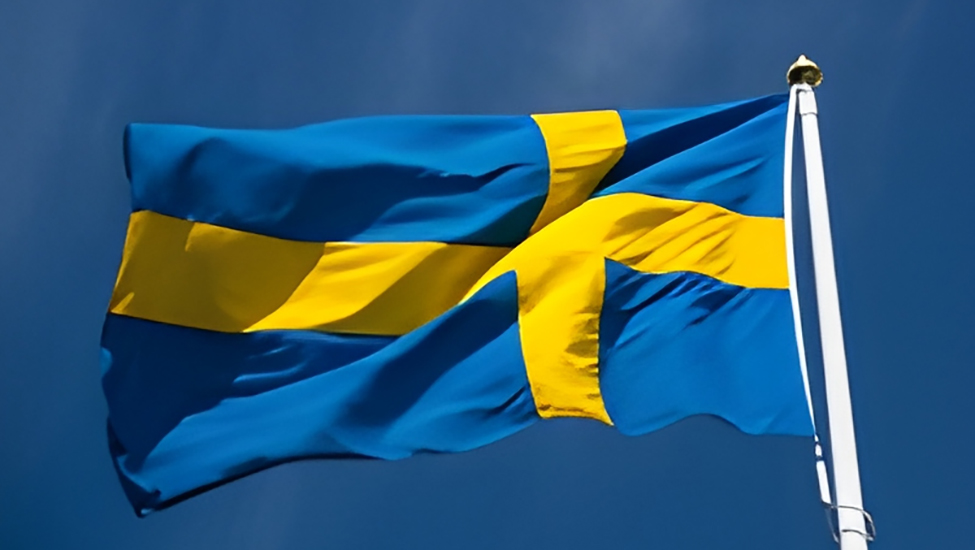The Newsletter n°401 — 29 juin 2009
La Lettre
—
29 June 2009
Elections/Albania
1 January 1970

Elections/Bulgaria
1 January 1970
Agriculture
1 January 1970
Russia
1 January 1970

Turkey
1 January 1970
France
1 January 1970
UN
1 January 1970
Ireland
1 January 1970
Spain
1 January 1970
Austria
1 January 1970
Latvia
1 January 1970
IMF
1 January 1970
Italy
1 January 1970
Poland
1 January 1970
New Group
1 January 1970

New Name
1 January 1970
EPP
1 January 1970
Internet
1 January 1970

Energy
1 January 1970
Cancer
1 January 1970
Deficit
1 January 1970
Public Finances
1 January 1970
Commissioners
1 January 1970
Agriculture/Fisheries
1 January 1970

Environment
1 January 1970
Women
1 January 1970

USA
1 January 1970
CDU
1 January 1970
Russia
1 January 1970

Barroso
1 January 1970

Crossing
1 January 1970
Prize
1 January 1970

A400M
1 January 1970
Government
1 January 1970

OSCE
1 January 1970

Immigration
1 January 1970
20 years/Fall of the Iron Curtain
1 January 1970

Lisbon Treaty
1 January 1970

G8
1 January 1970

Unemployment
1 January 1970

IMF
1 January 1970

Inflation
1 January 1970
UK
1 January 1970

Elections
1 January 1970
Poland
1 January 1970

EU/Programme
1 January 1970

EU Presidency
1 January 1970

Euro
1 January 1970
Summit
1 January 1970

Croatia
1 January 1970

EU?
1 January 1970

Presidential Election
1 January 1970

Drugs
1 January 1970

Lithuania
1 January 1970
Russia
1 January 1970

Fiscality
1 January 1970

Industry
1 January 1970
GDP
1 January 1970
Consumption
1 January 1970
Energy
1 January 1970

Iran
1 January 1970
Israel/Palestine
1 January 1970
Economic Forecasts
1 January 1970
Drugs
1 January 1970
America/Eujrope/Africa
1 January 1970

Bach/Mendelssohn
1 January 1970

Exile
1 January 1970
UNESCO/Sites
1 January 1970
Agenda
What the European Union and its Member States can truly achieve by 2026
The decline of French agriculture in Europe
Towards a sovereign and resilient Europe: the urgent need for a comprehensive security doctrine
Skilled immigration and the competitiveness of the European Union: attractiveness and policy options
Hybrid threats: from geopolitics to internal security
The Editors of the Newsletter :
Stefanie Buzmaniuk, Helen Levy
N°ISSN : 2729-6482
Editor-in-Chief :
Eric Maurice
Director of Publication :
Pascale Joannin
Any questions or suggestions?
Contact Us!







